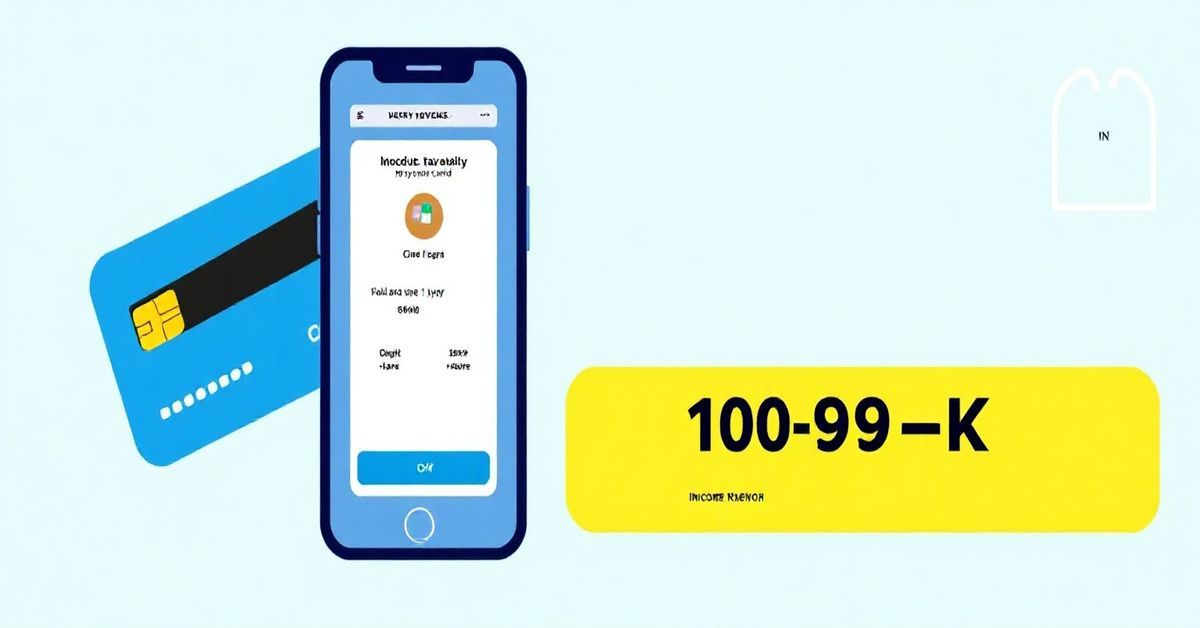Form 1099-K – Payment Card and Third Party Network Transactions (also noted under gig workers)
What is Form 1099-K, and How Does it Affect Your Taxes?
Form 1099-K, “Payment Card and Third-Party Network Transactions,” is an IRS information return that reports the gross amount of payments you received from payment card transactions or through a third-party payment network. Payment processors like PayPal, Venmo, or Stripe are required to send you this form and the IRS if you meet certain transaction volume and payment thresholds.

